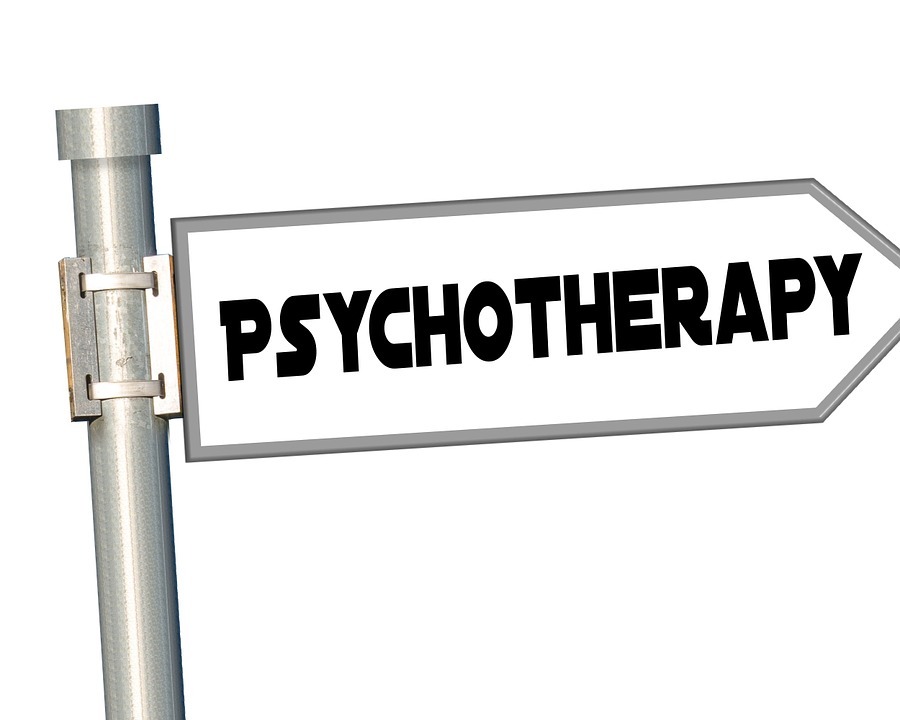Did you know that historically, mental illnesses have been treated using dangerous and sometimes horrifying procedures? One example is trepanation, which was the popular treatment around 7000 years ago. People back then believed that evil spirits caused mental illness and that it could be cured by drilling small holes into the brain. That’s very scary, right? Good thing there’s another approach available, which is psychotherapy.
Treating mental distress by talking is an old practice, probably as old as the story of humanity. One example was in 300 BC when Socrates involved his students through philosophical group discussions, which is now known as the Socratic or dialectic method. These group discussions can help people understand their universe and purpose better.
Modern psychotherapy, which we know today, works from a conceptual framework that connects the knowledge of the mind and knowledge of the brain. When it is done by a trained clinician, it can provide modes of describing personal experience through conversations and creating ways to understand the self and treat mental health conditions. Today, you can find many psychotherapists that can help with mental health issues. Psychotherapy also has different types, including interpersonal psychotherapy. If you want to learn more about it, you can visit BetterHelp.com.
If you want to know how psychotherapy can help people who have mental health issues, you’re in the right place. Today, we are giving you the benefits of psychotherapy.
1. Psychotherapy is beneficial for those who are dealing with depression
Depression is one of the most common mental health issues in the world. Most of the time, this condition involves feelings of guilt or apathy, sleep problems, and as well as appetite changes. It is more than feeling sad over a setback or a period of mourning after someone loses a loved one. Depression is chronic misery that can hinder the quality of life of a person. Psychotherapy treatment can help individuals who have symptoms of depression.
An effective therapist can give people a comfortable and private setting to heal. They will examine the causes and potential solutions to their concerns together. When a depressed individual undergoes psychotherapy, it can help him build new ways of thinking and reacting. It helps people return to the activities that they care about most before their depression. Some of the common types of depression that professional psychotherapists treat include major depressive disorder, seasonal affective disorder, and dysthymia or persistent depressive disorder.
2. Psychotherapy can help people cope with anxiety
Aside from depression, anxiety is also one of the most common mental health conditions around. In fact, it affects about 18% of the population in America. Almost half of the people diagnosed with depression also experience some kind of anxiety.
Keep in mind that anxiety is far different from the occasional stress that all people experience. It is an ongoing symptom where people who suffer from it find themselves on edge most of the time. These people are those who always expect that something bad will happen, even if there’s no evidence for that fear. Anxiety can cause social implications easily, as those who have it struggle to control their emotions. As a result, they become overly self-conscious or avoidant.
Psychotherapy can help individuals with anxiety regain their compass in life. It can help them understand their emotions, learn to accept them, and make progress towards their goals instead of being paralyzed by fear. Anxiety also has different forms. Some of the types of anxiety that can be treated by psychotherapy include generalized anxiety, social anxiety, phobias, and selective mutism.
3. Psychotherapy can help people who have obsessions or compulsions
Obsessions are persistent and unwanted thoughts that are usually fixated on a certain topic or goal. Compulsions, on the other hand, are repeated and irrational behaviors that individuals feel they need to do. Most of the time, people perform compulsions to relieve stress that is caused by their obsessions.
People with these conditions can undergo psychotherapy. Mental health professionals can help examine their behaviors objectively. They can reveal a person’s negative thought patterns and provide them with productive alternatives to their compulsions. This way, individuals can break the cycle of their distress. Some of the common obsessive and compulsive conditions treated by therapists are obsessive-compulsive disorder or OCD, body dysmorphia, hoarding, trichotillomania, and kleptomania.
4. Psychotherapy can aid in improving relationships
In addition to treating mental health issues like anxiety and depression, psychotherapy is also very helpful when it comes to improving relationships. It is used by many people to gain perspective on relationship problems they experience. Aside from that, it can also be used to prevent troubles that they know are on the horizon. Some of the common types of psychotherapy for relationships are marriage counseling and family therapy.
5. Psychotherapy can help people learn healthy coping mechanisms
When people are faced with stressful situations, many may react in a way that is ineffective or sometimes dangerous. But when a person undergoes psychotherapy, his or her reactions can be replaced with healthy and positive coping mechanisms. In addition, it can also help them create strategies to control their response.
These are some of the benefits that people who are dealing with mental health issues can get from undergoing psychotherapy. Therefore, whether you are struggling with depression or seeking ways to understand where your difficulties in life are coming from, reaching out to mental health professionals is the best way to deal with them. We hope this article helped you in further understanding the benefits you can get from psychotherapy.



